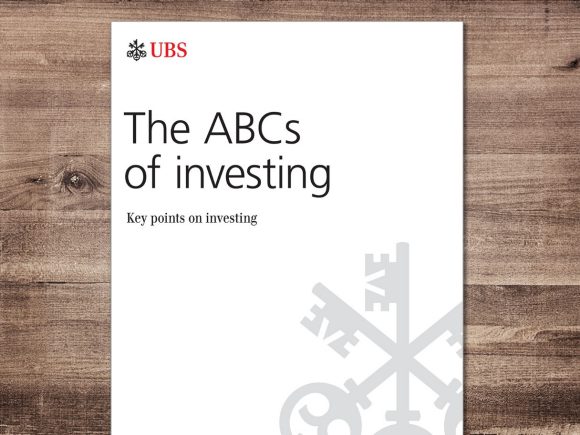We’re here for you
Arrange an appointment for a nonbinding consultation, or if you have any questions, just give us a call.

![]()
header.search.error
Fixed-income securities
Many investors looking for a regular and secure income turn to fixed-interest securities. But to make good use of them, you need to know their benefits and risks.
Content:

There are many ways to invest capital and build up a portfolio. For many investors, the promise of security and returns play the most important role. Fixed-interest securities often provide both and are a welcome addition to the investment mix. But what are they all about? And how do they generate a regular income?
Fixed income refers to the fixed interest rate of securities. The concept combines bonds with fixed and regularly paid interest that are issued over a defined period of time. Issuers – that is, the entities issuing these securities – can be companies or governments. They borrow assets on the capital market over a predetermined period of time. Investors who buy such bonds lend the issuer the money they need and earn interest in return.
Fixed income pays off thanks to the fixed and reliable interest rate, especially in uncertain economic times, because the risk is generally lower than that of equity investments.
If you look into fixed income, you will come across various terms that you need to understand. Understanding what experts are talking about will make it easier for you to trade in fixed-income securities. You should be familiar with the following terms:

If you are interested in buying fixed-income securities, you have several options. The most well-known are probably bonds, such as government bonds or corporate bonds. There are also fixed-income ETFs that only comprise the corresponding issuers. Traditional debentures or mortgage bonds are also considered fixed-income securities. The following fixed-income securities are also available:
The advantages of fixed-rate bonds
Fixed-income securities may not offer excessively high returns, but they still have many advantages. Such securities contribute to the diversification of an investment portfolio and can offset losses from other forms of investment during economically challenging times. Additionally, they are easy to plan since the interest is paid out regularly. This ensures a steady income, which is why they are called “fixed income.” Last but not least, a huge number of issuers offer fixed-interest securities, which makes diversification even easier.
Even though fixed income is considered relatively safe, it carries some risks. If you are aware of these, it makes it easier to develop your investment strategy. You should be aware of the following risks:
There is an interest rate risk of the bond losing value due to changes in interest rates. Such changes are caused by a falling or rising market interest rate. The market interest rate refers to interest rates that are set on the market based on requirements set by the European Central Bank (ECB) and the interplay of supply and demand for money. As a rule, if the market interest rate falls, the bond price rises and vice versa.
You should pay particular attention to the default risk of companies. If they are unable to repay the bonds due to poor creditworthiness, you could lose all of your invested capital. The worse the credit rating, the higher the risk of your investment. International rating agencies regularly measure how good or bad a credit rating is.
Inflation also has an impact on the profits of fixed-interest securities, because fluctuating inflation creates uncertainty about what the actual amount of interest payment will be. If purchasing power falls due to increased inflation, a bond’s interest payment will have to compensate for this so that it is not exposed to losses. The inability to do so is called the inflation risk.
At some point, investors will be required to sell their bonds. But what happens if they cannot find a market for them? This means they may not be able to buy or sell at the desired time – so there is a liquidity risk.
Would you like to develop a fixed-income strategy? The following also applies here: Diversification is the lever you can use to cushion losses. You should therefore invest in a mix of fixed-interest securities such as government and corporate bonds and high-yield bonds. This minimizes risks and increases your chance of stable returns.
As a rule, fixed-interest securities are more suitable for institutional rather than private investors. Some bonds completely exclude private individuals. Since 2018, issuers have been required to provide all private investors with a basic information sheet when purchasing a bond; however, this is often not provided at all. If private individuals still want to invest, they can buy some fixed-income securities on the stock exchange.
Fixed-income securities are a good way to achieve regular and predictable returns without excessive risk. Institutional investors in particular can supplement their portfolio with this form of investment. It offers a degree of planning reliability and security.
In addition to diversification, it is always important to strategically factor in the bond’s time on the market. The longer the issue period, the more it usually pays off for you. To maintain an overview and take all risks into account, it helps to get expert advice. Together with the experts, you can define an investment strategy and assemble a suitable mix. With this as your foundation, your chances of regular returns are good.
Arrange an appointment for a nonbinding consultation, or if you have any questions, just give us a call.
Disclaimer